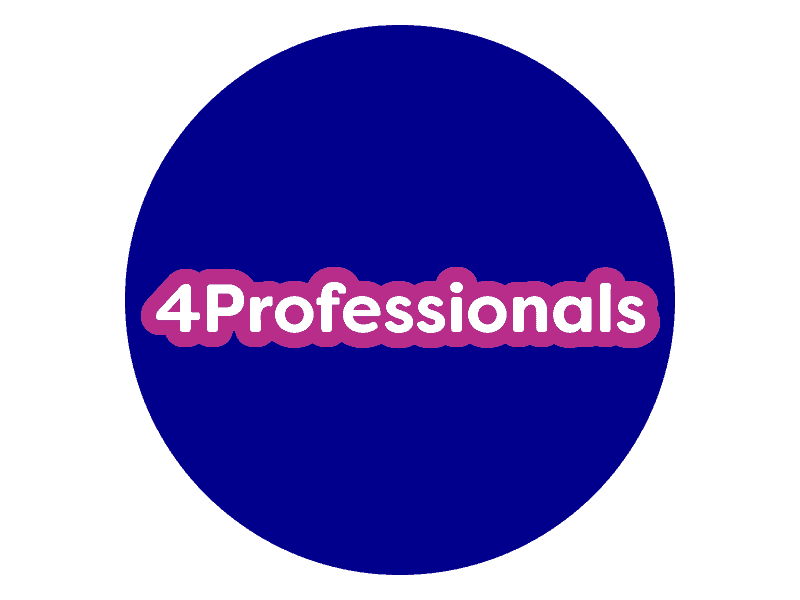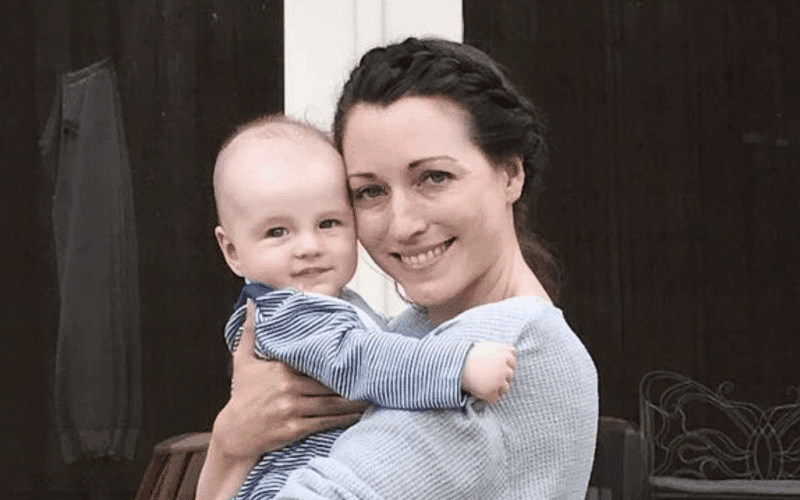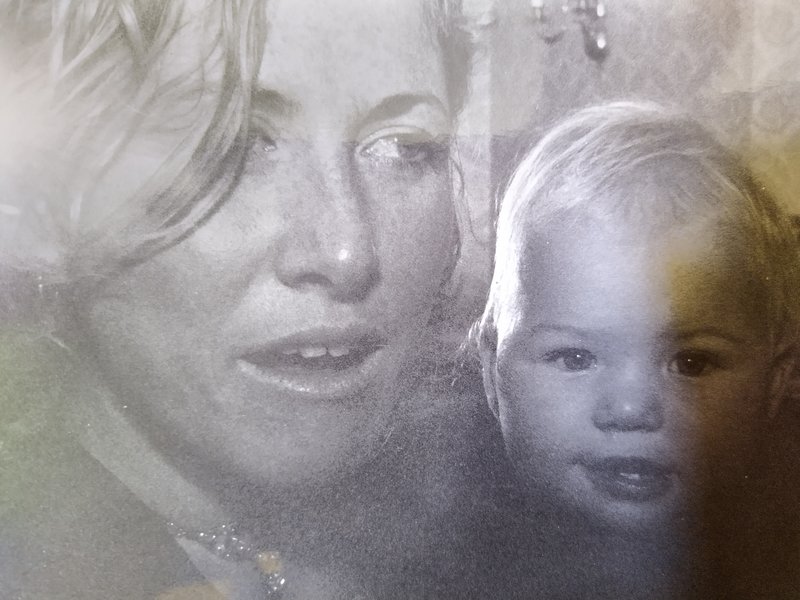The first fortnight; make yourself a priority (part 2 of 4)
Natalie Meddings – Doula and Yogabirth Teacher
Author of How to Have a Baby and Why Home Birth Matters
www.tellmeagoodbirthstory.com
Summary
Every single day, thousands of babies are born. Every single day, huge numbers of people become parents. Logically at least, how to care for a newborn should be common knowledge, if not a blueprint. You’d think most of us would have a rough draft in mind of how the first fortnight is likely to feel.
Yet few do. The first days aren’t just uncharted, there’s an unfamiliarity people aren’t even expecting. ‘We don’t know what we don’t know,’ says Sheena Byrom about the way we approach birth now. And the same can be said for when the baby is here. Feeling unprepared is common.
The source point is a lack of ordinary support and close community, parents having little first-hand experience of new babies, nor anyone around them having any either. Add in commercial and media messages showing only the chubby, smiling version of a baby (these are six months old) or motherhood presenting nothing more challenging than a nappy-change, and you can see why being realistically ready for a newborn is rare.
This is where these articles come in. If you are pregnant for the first time, I want to help you to get a picture of it all, the first minutes, the first night; some of what those first fourteen days will bring. And by doing so, to swap uncertainty for acceptance, self-doubt for some motherly peace of mind:
Part 1 – The first fortnight; simple rhythms
Part 2 – The first fortnight; make yourself a priority – this article
Part 3 – The first fortnight; the first greeting and night at home
Part 4 – The first fortnight; old habits and new alternatives
Give yourself a break
 There may be uncertainty surrounding this period, but one big definite is the need to take care of yourself. The baby will be one hundred per cent consuming in those first weeks, so if you are to be properly rested and nourished, you’ll need help. A partner can support to a point, but an extra pair of hands or someone with experience around, like a doula, or reliable relative, will be a gamechanger. It’s the difference between scarcely getting a chance to get to the loo, to having half an hour for a reinvigorating, you-gathering shower; eating toast all day or having a bowl of nutritious soup set in front of you. These practical benefits bring emotional balance – a bit of space in what is likely to feel a crowded and chaotic time. This in turn enables you to manage the new and numerous needs of your new baby.
There may be uncertainty surrounding this period, but one big definite is the need to take care of yourself. The baby will be one hundred per cent consuming in those first weeks, so if you are to be properly rested and nourished, you’ll need help. A partner can support to a point, but an extra pair of hands or someone with experience around, like a doula, or reliable relative, will be a gamechanger. It’s the difference between scarcely getting a chance to get to the loo, to having half an hour for a reinvigorating, you-gathering shower; eating toast all day or having a bowl of nutritious soup set in front of you. These practical benefits bring emotional balance – a bit of space in what is likely to feel a crowded and chaotic time. This in turn enables you to manage the new and numerous needs of your new baby.
If you’ve not had a baby before, feeling underconfident is natural. It’s also necessary. When we are unsure, we are awake – vigilant and sensitive. This is exactly how your baby needs you to be: listening well, responding instinctively, free and open to learn how they tick and who they are.
What they don’t need is you to be wracked with self-doubt. It may be common for a mother to think being in her pyjamas all day is wrong; or that if feeding is fraught, she is failing; or that her baby should be sleeping at specific time. But it doesn’t mean that worrying is warranted. No mother should feel she is getting it wrong. Yet experts and baby ‘manuals’ can make you feel like you are, like there is a right way to ‘run’ your baby and that it’s your job to nail it!
According to Naomi Stadlen, author of What Mothers Do, new mothers often report that the obstacles to understanding are not the clear communications of their babies but their own expectations. ‘When G was born, she didn’t come with any user instructions,’ she quotes from one mother.
‘I read all the books I could lay my hands on and asked everyone I knew. But it was only recently that the penny dropped, and I realised I did really know what she wanted. My problem was that I didn’t think she oughtto want those things. She wasn’t like the baby in the books. Now I’m learning who G is and to feel all right about what she wants so everything has become much easier.’
Anxiety is expensive. Insecurity saps energy so take a moment to consider if any self-blame or shame (yes, mothers really are made to feel this) you are feeling is valid or useful. When a spasm of doubt strikes and you find yourself questioning yourself or wondering if there’s a better way your baby could be – consider if that imagined ideal bears any connection to your baby, or the relationship you are building with them.
Instead have a cup of tea, a bit of a cry, or if you can, a nap. Let the feeling pass, because all those ‘shoulds’ you’ve got washing around can-do serious damage to your instinct. It’ll have been obvious within minutes that your baby is utterly unique so why would one-size-fits-all advice from a self-appointed childcare guru or a mothers Whatsapp group be of any use?
Motherhood isn’t a test – it’s a quest. Some days are satisfying, some suffocating. Sometimes you’ll feel frazzled, at others euphoric. This is the territory so give yourself a break. I’ve yet to see a mother and baby not find equilibrium in their own good time.
Links to birth repository resources
 Books
Books
The First Year of Parenting by Amy Brown
Why Postnatal Recovery Matters by Sophie Messager
Why Mothering Matters by Maddie McMahon
Holistic Sleep Coaching by Lyndsay Hookway
You’ve Got it in You, a positive guide to breastfeeding by Emma Pickett
 Videos
Videos
How To Put Your Baby To Sleep, According To “The Baby Whisperer”
Dr Jack Newman’s Visual Guide to Breastfeeding
 Social media
Social media
Maddie’s Miracle – Breastfeeding Support Group
Royal Surrey Maternity – Hand Expressing once you have had baby










